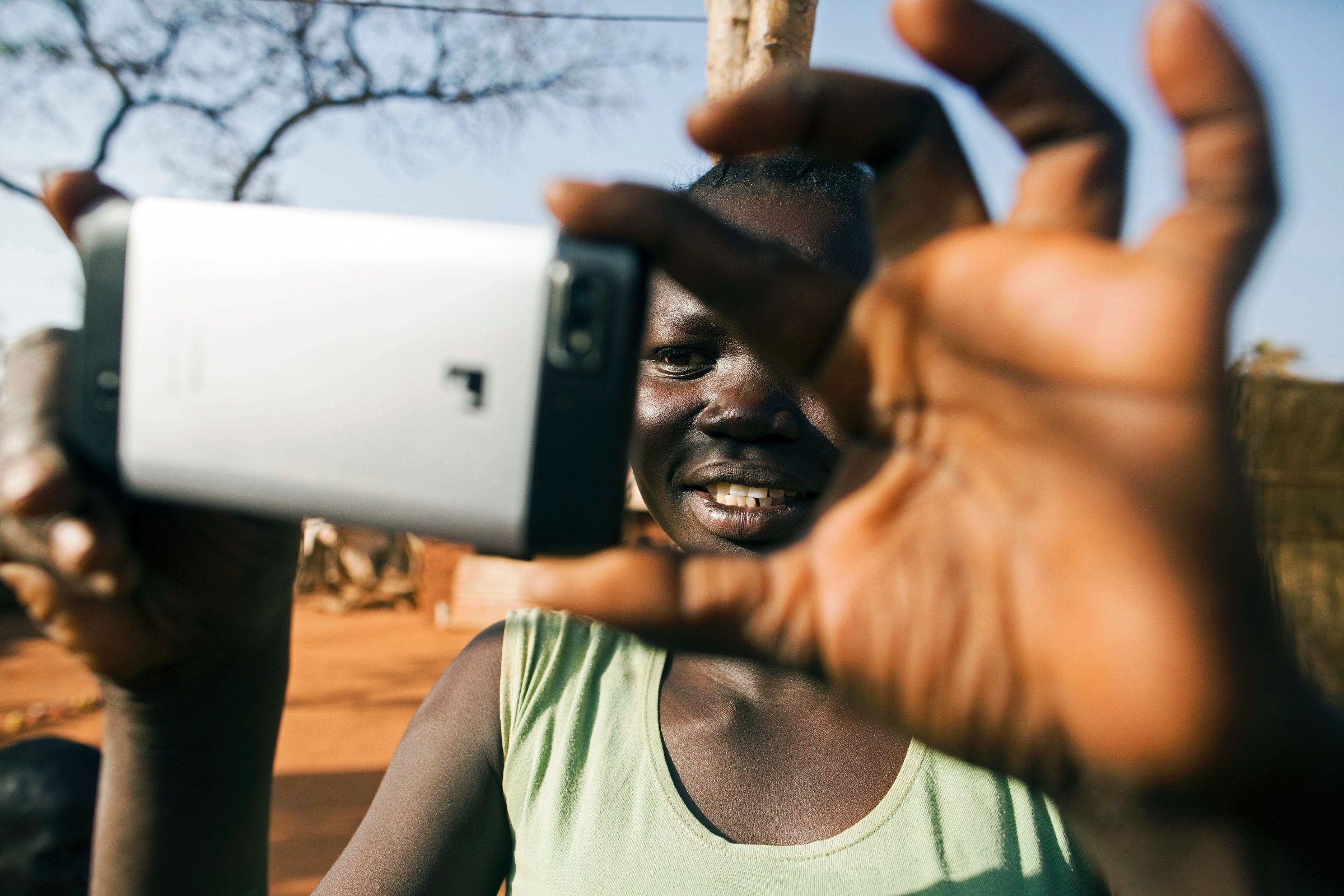
On a recent trip to Nuba, Sudan, I was greeted at the front gate of the Make Way Partners school and orphanage by Sister Nicole and Sister Cathy, two Australians who had been in Nuba since 2012. Nicole spends nearly half the year here, while Nuba Mountains has essentially become Cathy’s home.
The following day, Cathy invited me to sit in the lone, white plastic camp chair of her one-room living quarters to talk about their experiences. As I listened, something gnawed at me, but for the moment, I was much too engrossed in the stories to listen to my internal ruckus.
Cathy had first been sent to Nuba at the request of a bishop to help refugees from Darfur who had fled to Sudan during a conflict in their country. However, as often is the case, those in the ivory white tower knew little of the reality on the ground, and Cathy found that most refugees from Darfur had fled when conflict hit Nuba.
Instead of following hierarchical protocol, Sister Cathy worked to address the need for indigenous education, which the genocide Sudanese President Omar al-Bashir had unleashed upon the Nuba people had abruptly halted. She cleared, cleaned and prepared the grounds of an abandoned school and recruited, hired, and trained staff and teachers. Droves of children flocked to her school.
Cathy now oversees four primary schools, one secondary school, and provides support to five other community schools sprinkled through the county, all while running a teachers’ training college.
As we chatted, the roar of a bomber plane droned above. Cathy left to make sure the teachers had led the children to nearby foxholes trenched about the schoolyard. As if considering whether we should likewise take shelter, she glanced between the doorway and the foxholes, then turned back to her desk.
A few minutes later, as the second bomber plane circled, she said firmly: “Oh be damned. If it’s our time, it’s our time.” We sat, continuing our stories as if gathered about a crackling fire on a crisp autumn night.
As I left the warmth of Cathy and Nicole’s presence, the gnawing I felt earlier made itself known again. I realized it was a voice inside me that trembles with the same anger that haunts many women and deprives the world: Why have I not heard about these women?
I’ve been coming to Nuba for five long years, and I’d heard tales of the self-sacrifice that two American men, Ryan Boyette and Dr Tom Catena, made by serving in Nubasuch. I’d read about these men’s journeys in TIME and the New York Times. I’d watched videos heralding their valiant work. I’d read them hailed as heroes and even compared to “Jesus.”
Where was praise for Cathy and Nicole?
I know these two men, and I feel nothing short of love, awe, respect and deep gratitude for how they give their lives in full glory—aflame in the service of others and blessed with all the God and man-given freedom to do so. In fact, I am so proud of these two men that I have personally and professionally supported their work, and will continue to do so. The question is not if these men should be honored, but rather: Out of the ex-pats serving in the hell of Nuba, why are two men receiving well-deserved international acclaim while two women are left unacknowledged?”
At the same time I am disappointed in myself that, as a woman, when hearing the men’s stories, I never asked: “I wonder if there are any women whose stories I haven’t heard but who might also be working in Nuba?” This reveals a pattern that continues to invade our thinking and divide our world in both war and the common lives of men and women.
The pattern of which I speak is one of a degrading disregard that too often ignores and blames women in war—while men in similar positions are often heralded as headline news. This is especially alarming since women in war zones are often at risk of rape. As TIME reported in a recent story, the rape of thousands of women during conflicts is one of the most underreported war crimes.
Ayak, a woman whom Make Way Partners recently rescued from South Sudan after being held in a government-sanctioned rape camp, is now under a new sort of fire because she dared to speak out to TIME. In spite of the fact that her government is killing reporters who speak out about government corruption, Ayak told me: “I want the world to know what the soldiers did to me so that people will help the thousands of other women still in the rape camps.”
If we are going to solve the wicked problem of woman in war, we must stop blaming women and begin validating the remarkable roles they play, without an inkling of external gratification. This might also challenge us to look at the multiple stakeholders who profit by keeping the war machine well-oiled in the first place.
In the generations to come, I pray for the good of the earth that women like Cathy, Nicole and Ayak will be recognized as humans to emulate.
A version of this story appeared on Make Way Partners.
More Must-Reads from TIME
- Why Biden Dropped Out
- Ukraine’s Plan to Survive Trump
- The Rise of a New Kind of Parenting Guru
- The Chaos and Commotion of the RNC in Photos
- Why We All Have a Stake in Twisters’ Success
- 8 Eating Habits That Actually Improve Your Sleep
- Welcome to the Noah Lyles Olympics
- Get Our Paris Olympics Newsletter in Your Inbox
Contact us at letters@time.com